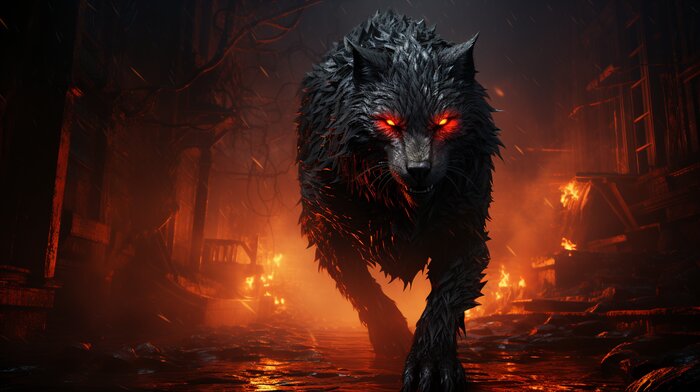El Salvador, like many nations, has a rich tradition of myths and legends that reflect its history, culture and values. These stories, passed down from generation to generation, mix indigenous, colonial and contemporary elements, and often aim to explain natural phenomena, transmit moral values or simply entertain. Here is an overview of some of the most popular myths and legends of El Salvador:
- La Siguanaba: This is one of the best known myths. It is said that she is a woman of great beauty who seduces men, especially those who are unfaithful. When they approach her, her appearance changes to that of a frightening creature. It is believed that this myth has its roots in pre-Hispanic times and has been used to warn men about the dangers of infidelity.
- El Cipitío: He is a small boy who always wears a hat and never grows up. It is said that he is the son of the Siguanaba and that he plays pranks on people, especially young women. He is represented with a swollen belly and upside down feet, and is believed to be the result of a curse.
- El Sombrerón: He is a small man who dresses in black and wears a large hat. He is said to serenade young women at night, especially those with long black hair. If a woman hears his song, she may fall under his spell.
- La Yegüerizaga: She is a woman who transforms into a mare during the night. She is said to roam the fields and meadows, and those who try to ride her are taken to unknown places and then abandoned.
- El Tabudo: He is a spirit of the forest who protects the animals and punishes those who try to harm them. It is said that he is a tall man, covered with hair, and that he can transform himself into any animal.
These legends and many others reflect the rich culture of El Salvador, combining elements of the indigenous cosmovision with colonial influences and popular beliefs. They serve as a window into the country’s past and belief system, and continue to be an integral part of Salvadoran identity.


